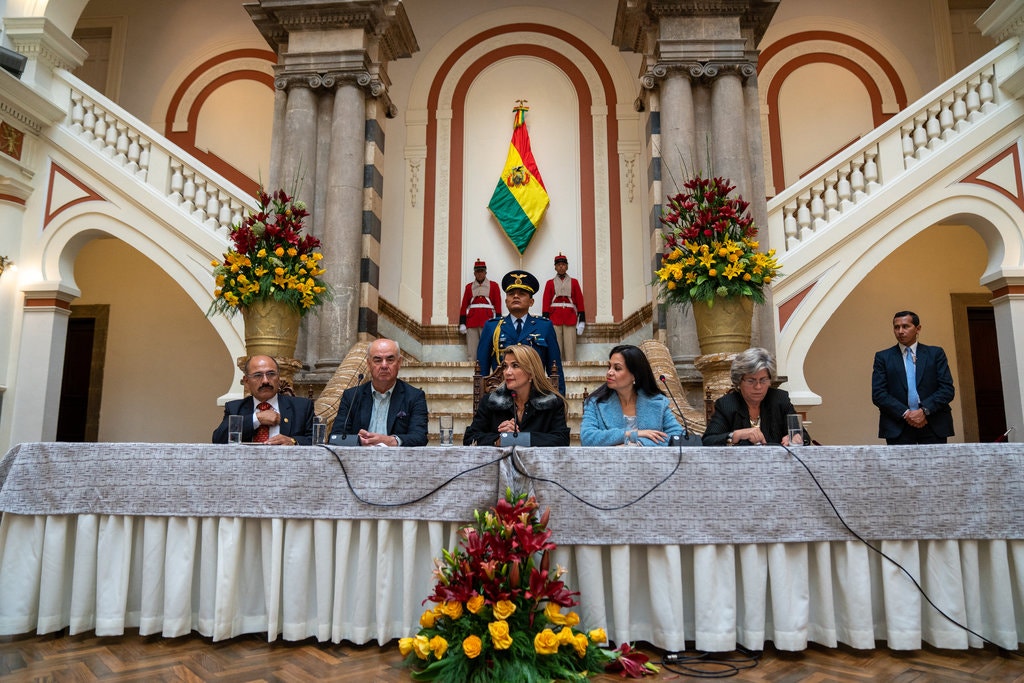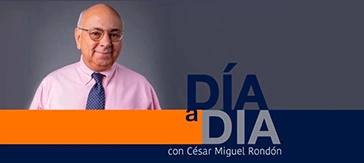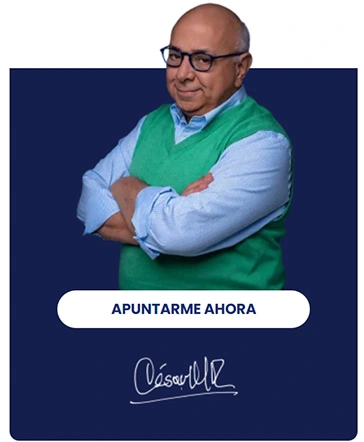Publicado en: The New York Times
Por: Anatoly Kurmanaev and Cesar Del Castillo
A day after the downfall of Bolivia’s longest-serving president, Evo Morales, the country was in chaos: Soldiers and protesters were out in the streets, looters terrorized the suburbs and no one was in charge.
Catholic church leaders called an urgent meeting of the country’s main political forces on that Monday, Nov. 11, to decide who should take the reins. The line of succession leading out of the power vacuum traced to Jeanine Añez, a senator from a remote tropical region who had sat out October’s elections and was about to retire.
“Who was Jeanine? No one knew,” said Jorge Quiroga, a former president of Bolivia and a conservative statesman who helped organize its political transition this month. “But we knew that she was the only constitutional thread that we had.”
In two days, Ms. Añez rose from political obscurity to supplant Mr. Morales, the country’s first Indigenous leader and a leftist who led with a single-minded pursuit of his vision for 14 years.
The story behind Ms. Añez’s rise, told by five people in the meetings that decided the country’s future, is a story of stunted political parties and a bitterly divided society, which continue to convulse this South American nation.
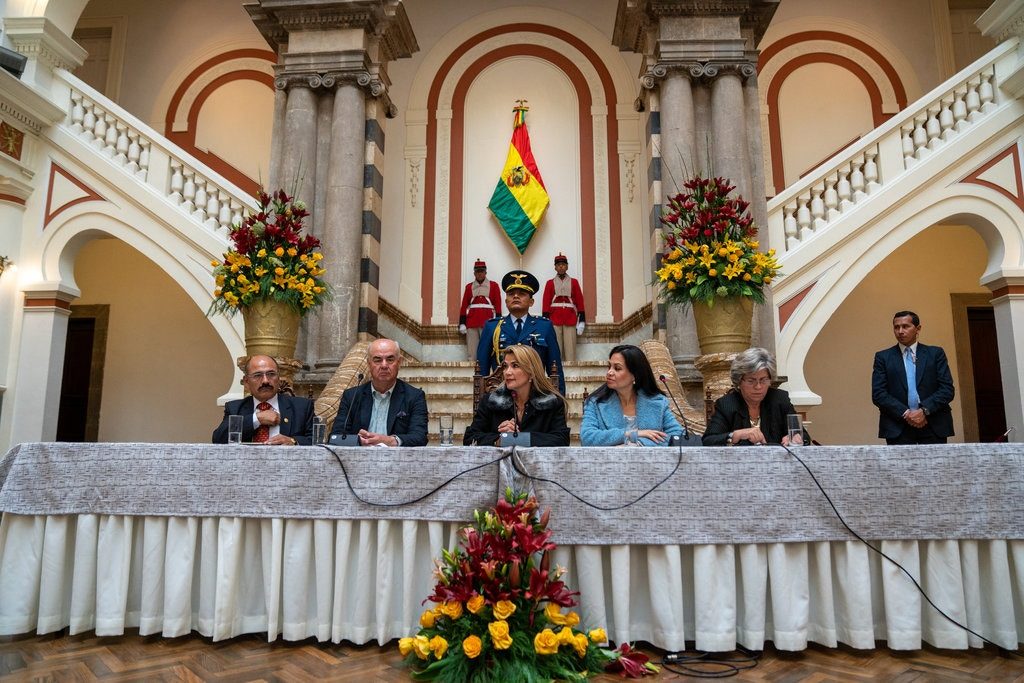
Cortesía: Federico Ríos
Much was at stake. As looting and violence escalated, Bolivia’s civilian leaders became increasingly worried that generals might take control to restore order, returning the country to its dark history of military dictatorships.
“The probability of this was growing by the hour,” said Samuel Doria, a Bolivian cement magnate and conservative politician involved in the transition talks.
Mr. Morales’s fall began when he decided to run for an unprecedented fourth term, disregarding term limits that he himself had approved. He declared victory after the elections in late October, but the results were widely contested and the country exploded in protests.
The demonstrations spread for weeks, reaching a climax on Nov. 8, when police officers joined the protesters and the military refused to support Mr. Morales.
Abandoned by allies, he denounced “a civic, military and police coup” against him and fled the administrative capital, La Paz, on Nov. 10 for his stronghold in the coca farming region in central Bolivia where he began his political career. From his hide-out on a farm deep in tropical foothills pocketed with coca plots, Mr. Morales took to Twitter to denounce his opponents as “racists” and mobilize allies.
He posted on Twitter on Nov. 11 that his supporters “have never abandoned me; I will never abandon them.”
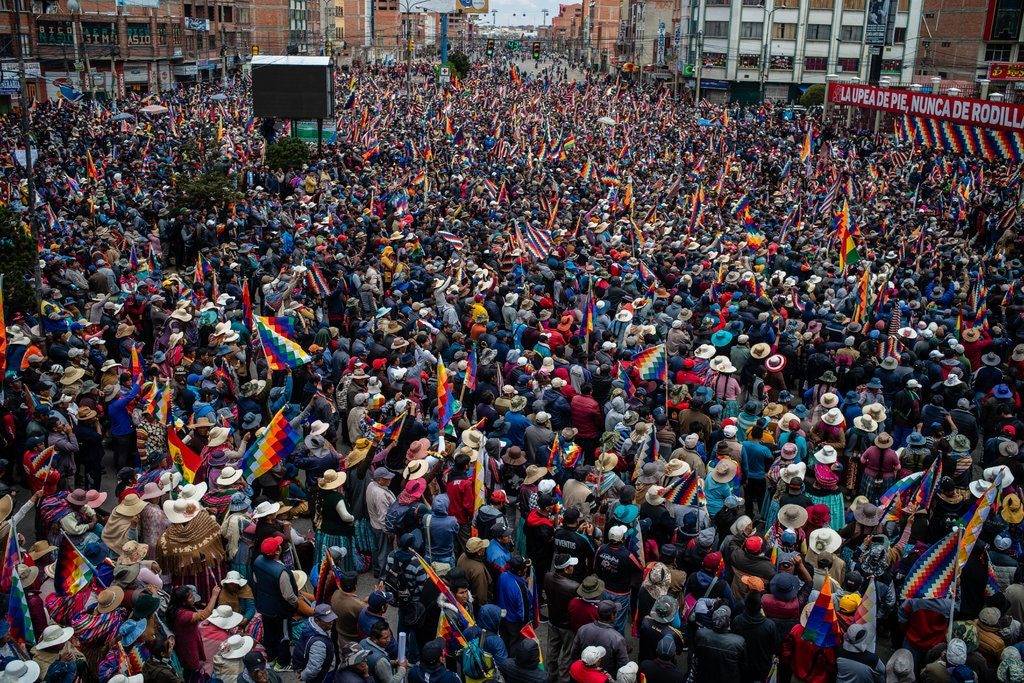
Cortesía: Federico Ríos
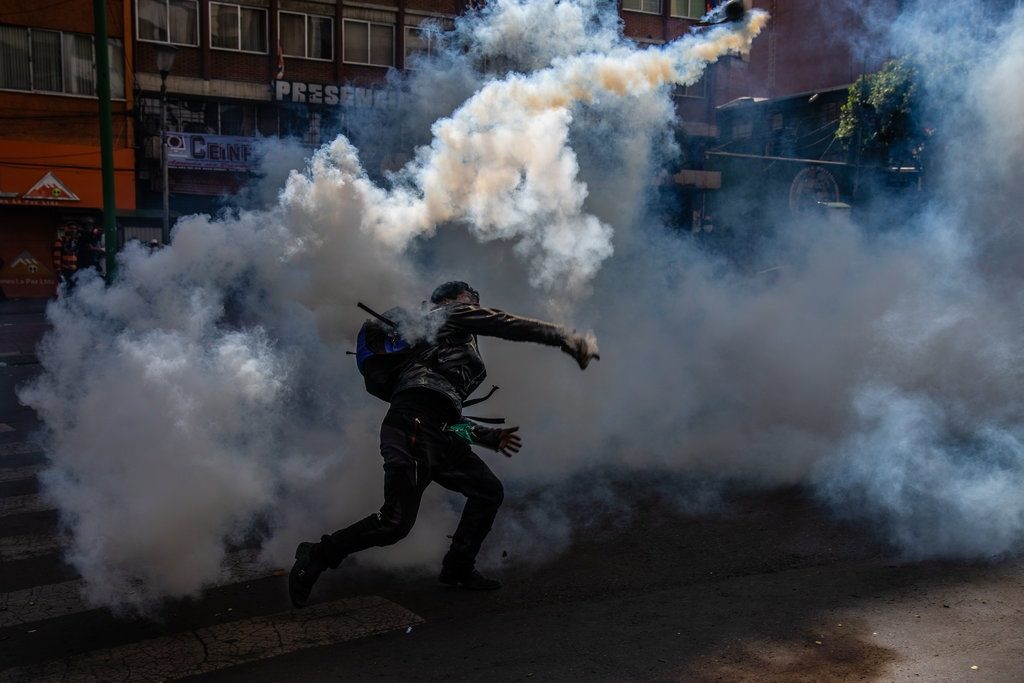
Cortesía: Federico Ríos
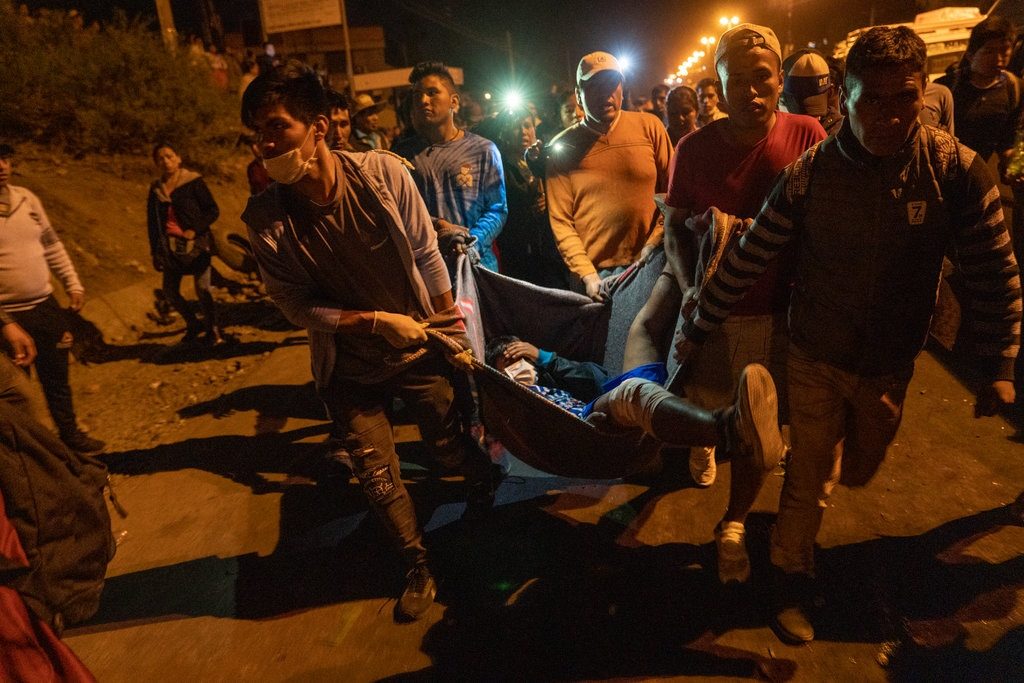
Cortesía: Federico Ríos
The same day, coca farmers loyal to Mr. Morales began barricading Bolivia’s main highway, and his party’s activists encircled La Paz, paralyzing an already hobbled economy.
Ms. Añez was an unlikely successor to Mr. Morales. Her role as the second vice president of the Bolivian Senate was a largely ceremonial one.
Most senior opposition senators preferred comfortable committee jobs with power over budgets and appointments, said Mr. Quiroga, the former president. The second vice presidency “was not a particularly fought-for position,” he said.
Even that ceremonial title was about to expire. Ms. Añez was set to retire in January after deciding not to run in last month’s elections. Her small regional party got only 4 percent of the vote.
Her prospects changed with Mr. Morales’s resignation. As he stepped down, senior officials from his party, including congressional leaders, also resigned in droves.
The resignations suddenly made Ms. Añez the first in line to assume the interim presidency under the Constitution. From her constituency in the sparsely populated province of Beni, she announced late on Nov. 10 that the presidency belonged to her.
That claim was met without enthusiasm by opposition leaders in La Paz, who thought the gravity of the crisis required a stronger popular mandate and greater national clout.
“She was saying, ‘I’m the president,’” but she was merely a retiring regional politician from a moribund party, said Mr. Doria, the magnate, who had campaigned with Ms. Añez in the past.
Ms. Añez did not respond to a request for an interview.
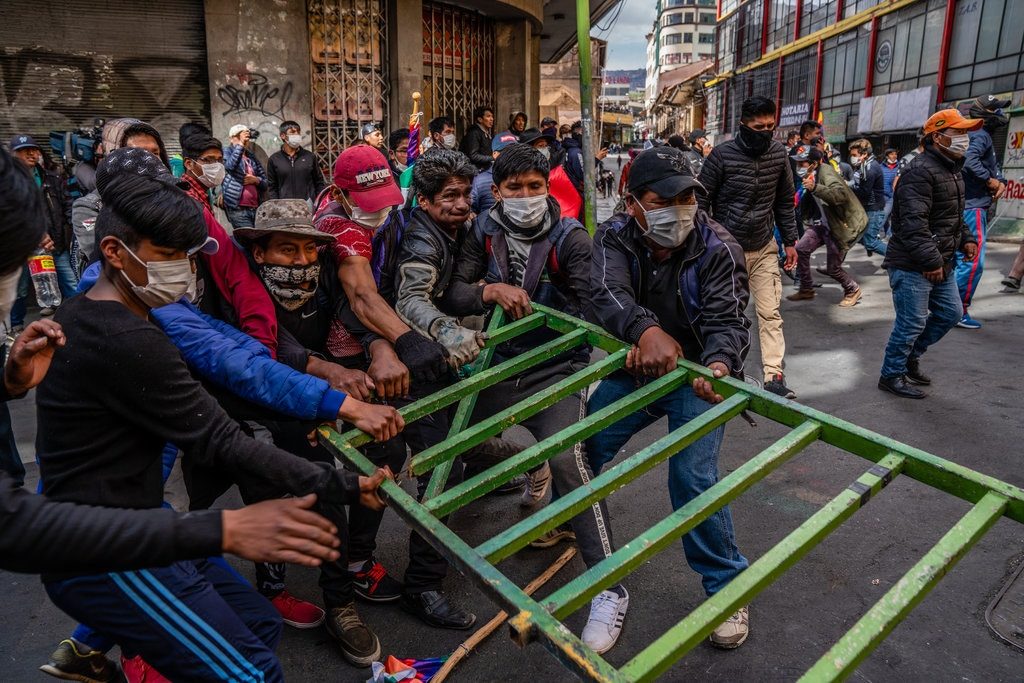
Cortesía: Federico Ríos
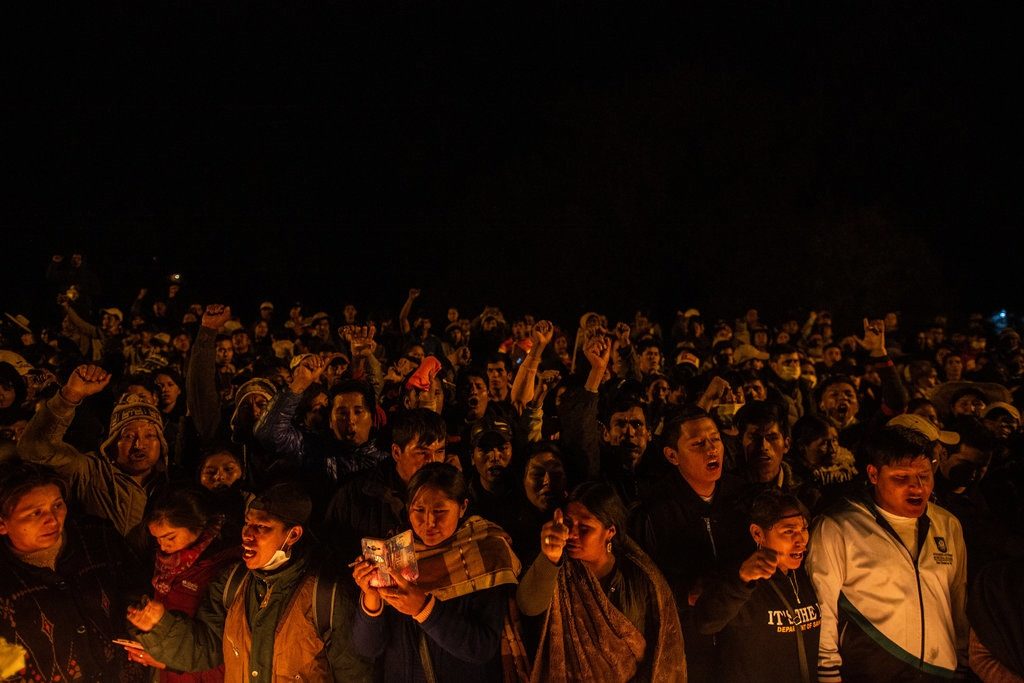
Cortesía: Victor Moriyama
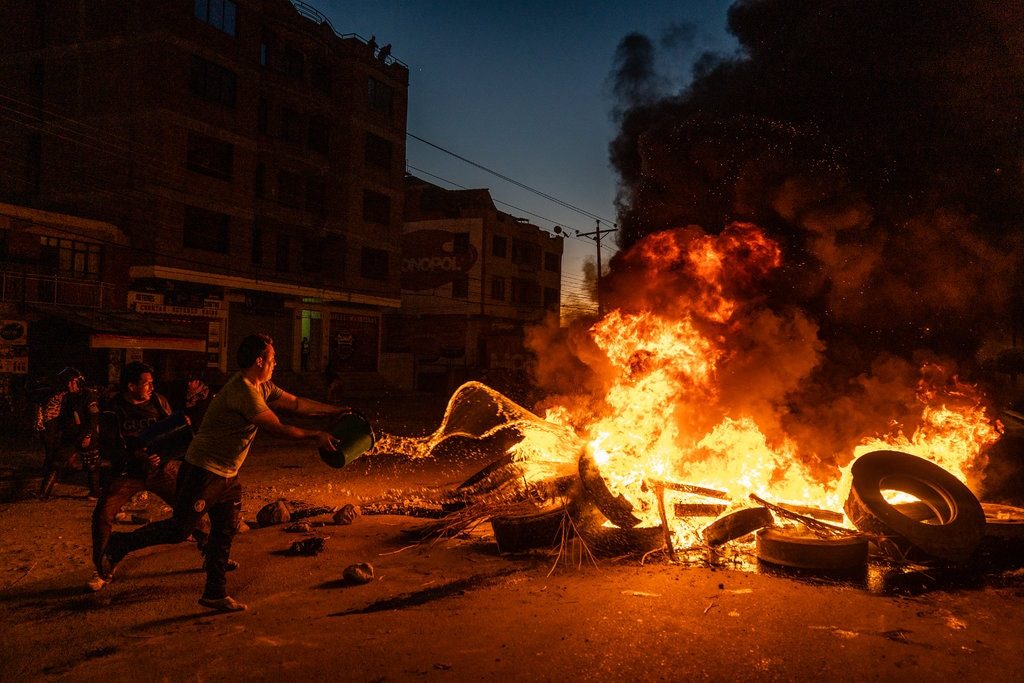
Cortesía: Federico Ríos
Mr. Morales’s resignation set off unruly street celebrations in Bolivia’s big cities. The revelries were followed by a wave of nationwide looting and vandalism as his supporters reacted with rage to his ouster and delinquents exploited the chaos.
In the coca region, Mr. Morales was denouncing what he said was a police plot against him. His senior election officials were arrested on allegations of fraud, and radical opposition leaders claimed that the police had issued arrest warrants for Mr. Morales, too.
About 25 members of Mr. Morales’s party and family had sought refuge in the Mexican Embassy in La Paz.
Fearing arrest, or worse, Mr. Morales instructed his justice minister, Hector Arce, early on Nov. 11 to contact Mr. Doria to bring together a group of opposition power brokers for negotiations, according to the magnate.
“They were really worried,” Mr. Doria said. Mr. Arce did not respond to an interview request.
For his part, Mr. Morales denied there were any political negotiations to arrange his departure.
“No, not at all,” Mr. Morales insisted Friday in an interview in Mexico City.
By Nov. 11, the situation on the streets was critical. That morning, hectic backdoor talks to fill the power vacuum began to crystallize into formal negotiations brokered by officials with the Roman Catholic Church and the European Union, according to five people involved in the discussions.
“We spent a long time without a president,” said the Rev. Jose Fuentes, deputy leader of the Bolivian Catholic bishops conference and a mediator in the talks. “There was no one who could give orders to the police and the armed forces.”
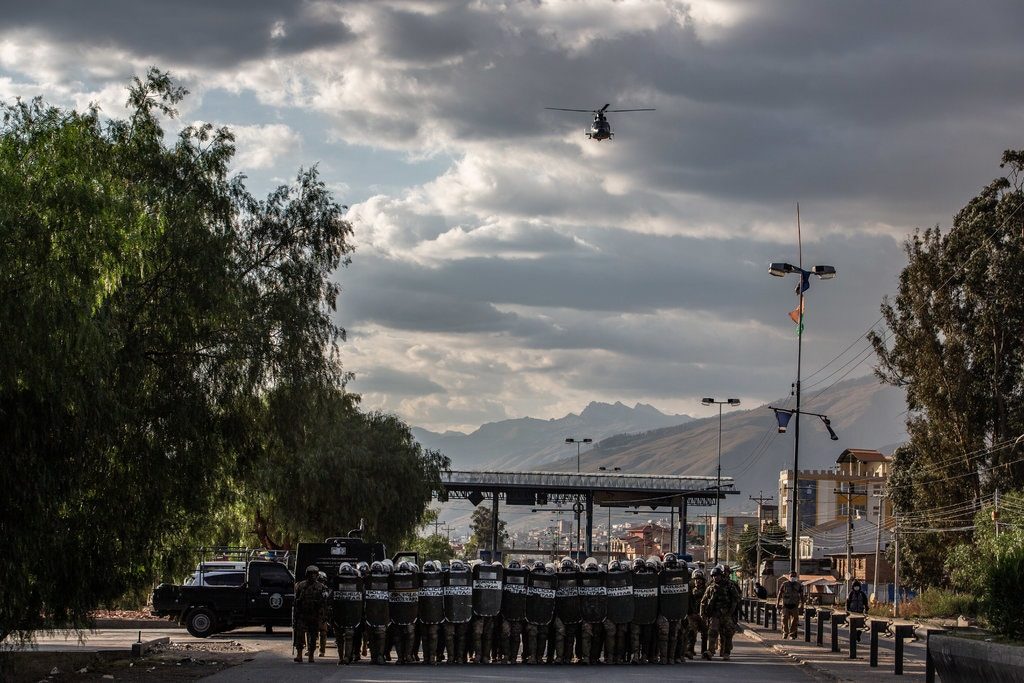
Cortesía: Victor Moriyama
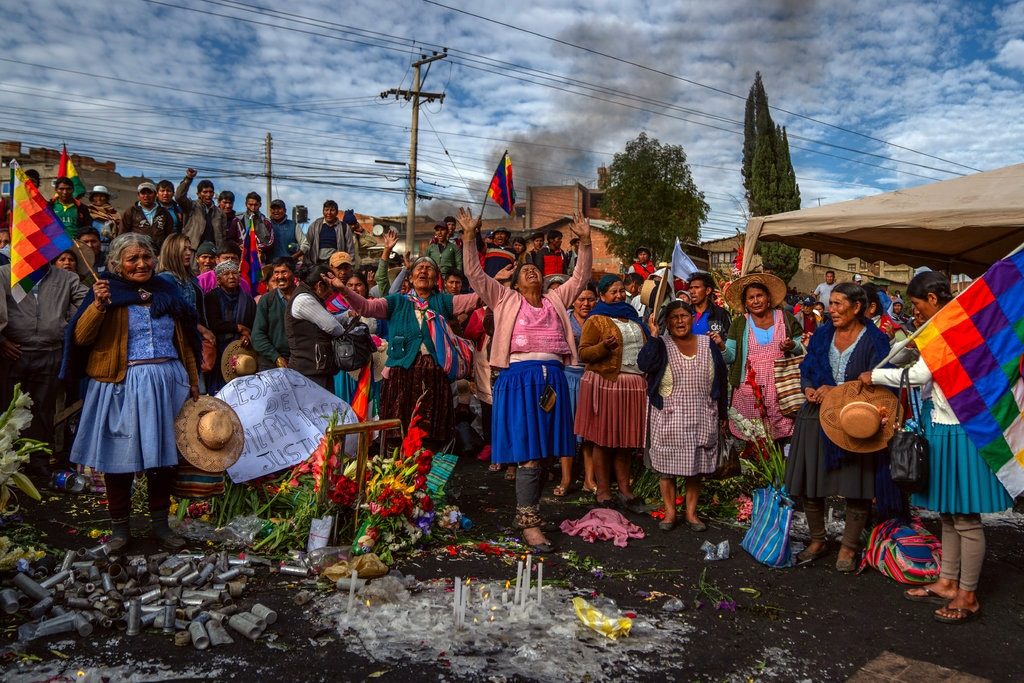
Cortesía: Federico Ríos
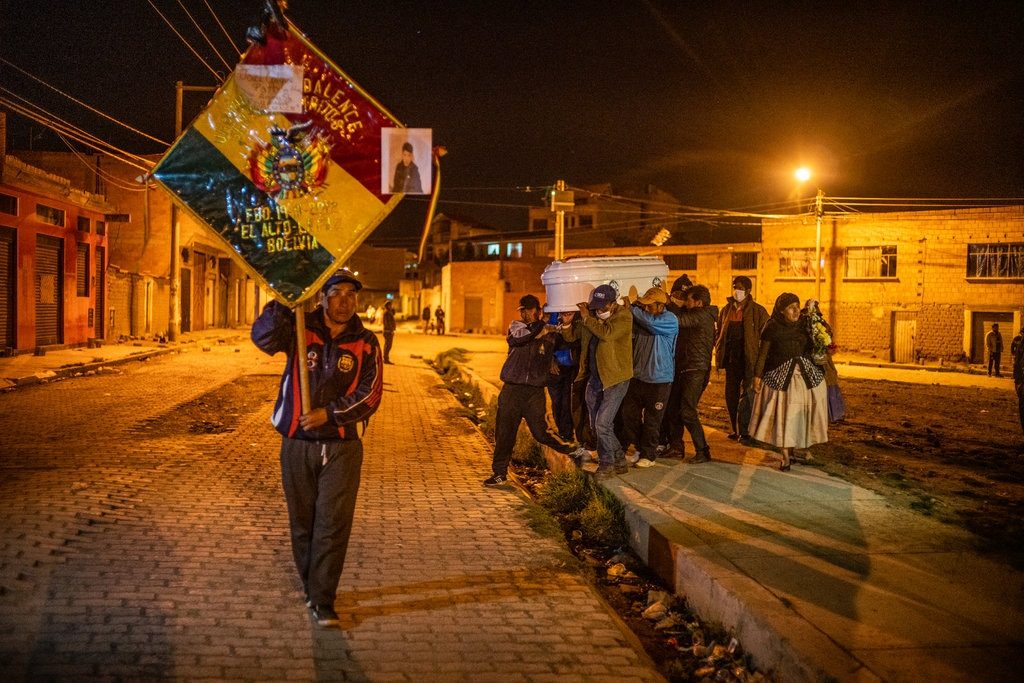
Cortesía: Federico Ríos
Despite losing the presidency, Mr. Morales’s party, Movement to Socialism, remained the country’s most potent political force, with a two-thirds majority in the Bolivian Congress and the final word over any official appointments.
In return for sitting down for transition talks, the party asked the opposition to broker Mr. Morales’s safe passage to Mexico. Mexico’s left-wing government offered him asylum and sent a military plane to pick him up the morning of Nov. 11.
While opposition negotiators set to work persuading Bolivia’s rudderless military to allow a foreign military plane into the nation’s airspace, they also moved to bring Ms. Añez to La Paz to pre-empt any power grab.
Movement to Socialism, known as MAS, and the opposition finally met on the afternoon of Nov. 11. MAS’s senior lawmaker, Adriana Salvatierra, agreed to support a new transitional government in Congress if Mr. Morales and his inner circle were allowed to leave, according to the five people in the meeting.
Ms. Salvatierra did not respond to requests for comment.
Mr. Morales said the Mexican plane was allowed to land because both he and his vice president, Alvaro García Linera, had spoken personally to the commander of the Bolivian Air Force, Gen. Jorge Gonzálo Terceros.
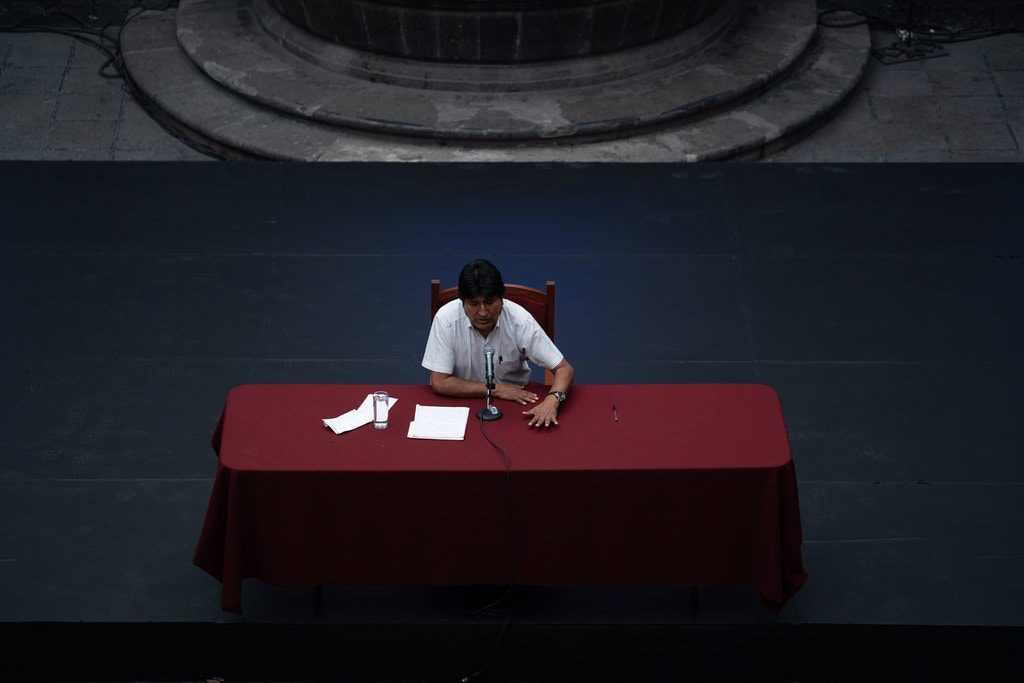
Cortesía: Toya Sarno Jordan
Three people present in the room said the negotiations that day were suddenly thrown into disarray by the unexpected decision of neighboring Peru to reject a refueling permit to the Mexican plane if Mr. Morales got on board.
During the delay, Ms. Salvatierra and some opposition leaders began suggesting other senators who could assume the interim presidency instead of Ms. Añez, who was seen as too inexperienced and too close to the political leaders of Bolivia’s Santa Cruz region, according to the people present.
While eastern Santa Cruz is the heart of Bolivia’s economy, political power has traditionally rested in La Paz in the west, provoking tense regional rivalry in negotiations.
A decision by the military to deploy to the streets on the evening of Nov. 11 to quell the unrest forced the negotiators’ hands. No civilian official had ordered the military to deploy, which only underscored the danger of prolonging the power vacuum.
The negotiators agreed on Ms. Añez shortly before Mr. Morales’s plane took off for Mexico the evening of Nov. 11, Mr. Quiroga said.
“We got up from the table with a deal,” said Luis Vásquez, a former senator who was at the talks.
But when the opposition lawmakers gathered in Congress the following day to swear in Ms. Añez, the MAS lawmakers did not show up.
Opposition negotiators and one of the mediators at the talks said this broke the agreement. Another mediator said the lawmakers from Mr. Morales’s party had turned back at the last minute out of fear for their safety. Neither mediator wanted to be named because the political situation is still so delicate.
Left without congressional support, Ms. Añez pronounced herself the interim president on Nov. 12 by citing a Supreme Court ruling that recognized her as Bolivia’s de facto leader.
Holding a Bible, she told a crowd gathered under the balcony of the presidential palace, “My commitment is to bring back democracy and tranquillity to the country.”
From his exile in Mexico, Mr. Morales accused Ms. Añez’s government of exacting revenge and stoking racial tensions. He expressed hope to return to Bolivia to finish his term.
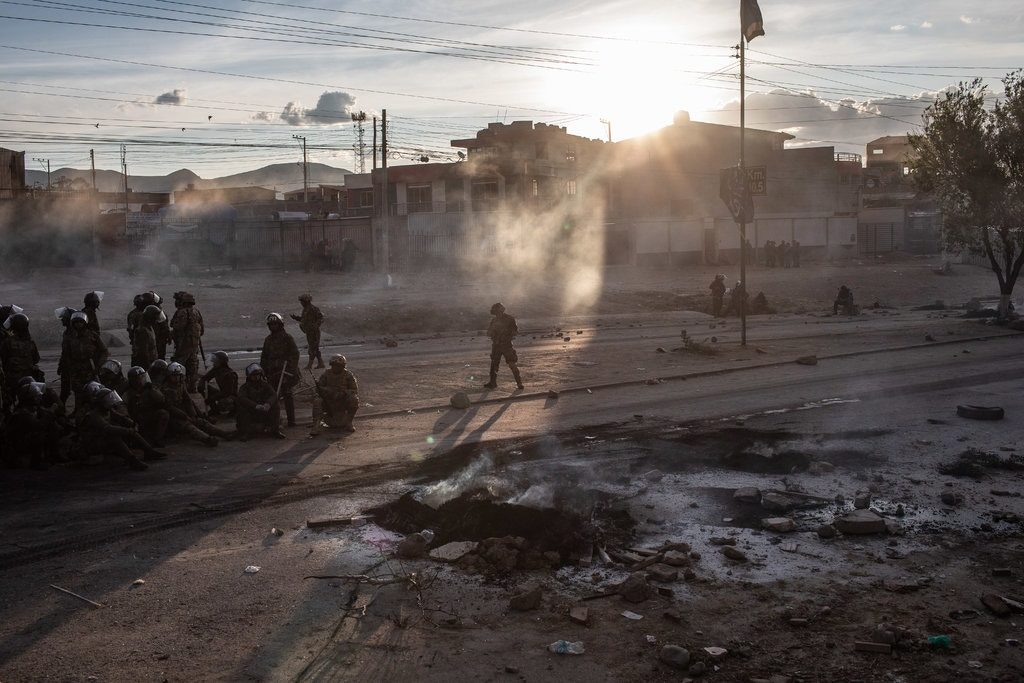
Cortesía: Victor Moriyama




